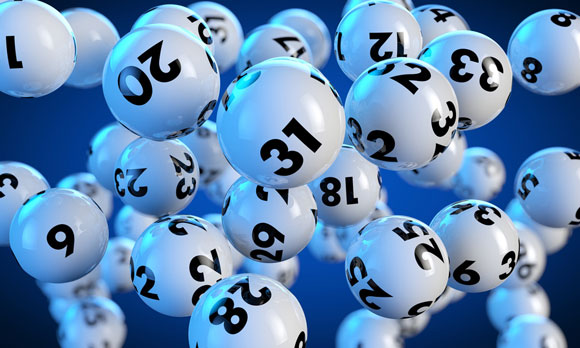
The Modern Lottery: More Than Just a Game of Chance
The lottery has been a fixture of human culture for centuries, a game that captures the imagination of millions with the promise of sudden wealth. From its humble origins in ancient China to the high-tech digital draws of today, the lottery has evolved significantly bandar macau. But beyond the allure of winning big, the lottery serves as a fascinating lens through which we can explore economic behavior, social impact, and technological advancements.
A Brief History of Lottery
Lotteries have ancient roots, dating back to around 205-187 BCE in China during the Han Dynasty. Historical records suggest that the Chinese used lotteries to fund public projects, such as the Great Wall. Similarly, in ancient Rome, lotteries were used as entertainment during dinner parties and also as a method to distribute prizes and property.
The modern concept of the lottery, however, took shape in the 15th century. Early European lotteries were often held to raise funds for public projects, including fortifications and charitable causes. By the 16th century, lotteries had become common across Europe and were seen as a relatively harmless form of tax collection. In the United States, lotteries were used to fund public projects such as the construction of schools and infrastructure, including the original Harvard College.
The Mechanics of Modern Lotteries
Today’s lotteries are a far cry from their historical predecessors. With the advent of computerized systems, lotteries have become a sophisticated blend of chance, technology, and regulation. The basic premise remains the same: players purchase tickets with the hope of matching a set of numbers drawn at random.
Modern lotteries come in various forms, including national lotteries, state lotteries, scratch-off tickets, and digital lotteries. The most notable change has been the introduction of online lotteries, which allow players to participate from anywhere in the world. This technological shift has not only broadened the scope of participation but also increased the amount of money that can be raised for various causes.
The Economic and Social Impact
The economic impact of lotteries is substantial. In many regions, lottery revenues contribute to public funding in areas such as education, health, and infrastructure. For instance, the Powerball and Mega Millions lotteries in the United States contribute billions of dollars annually to state budgets, supporting everything from school funding to road repairs.
However, the lottery’s social impact is more complex. While it provides a funding mechanism for public services, it also raises questions about its influence on lower-income communities. Studies have shown that people in lower socio-economic groups tend to spend a higher proportion of their income on lottery tickets compared to wealthier individuals. This raises concerns about the regressive nature of lotteries, where the poorest players may spend a larger percentage of their income in pursuit of a very slim chance of winning.
The Ethics of Gambling and Lotteries
The ethical dimensions of lotteries are often debated. Critics argue that lotteries exploit the hopes of individuals who are most in need, preying on their desperation with the promise of life-changing sums of money. Proponents, however, view lotteries as a voluntary form of entertainment that supports public good and provides an opportunity for life-changing wealth with minimal social harm.
Regulations around lotteries vary widely, from strict oversight to lax controls. Most jurisdictions have established rules to ensure fairness and transparency, such as independent audits and secure drawing mechanisms. Additionally, responsible gambling initiatives aim to mitigate the risk of addiction and promote awareness of the odds involved.
The Future of Lotteries
As we move further into the digital age, the lottery landscape will continue to evolve. Innovations such as blockchain technology could introduce new levels of transparency and security, while advancements in data analytics might change how lotteries are marketed and managed. The integration of virtual reality or augmented reality could also transform the way people experience and engage with lottery games.
Despite these changes, the fundamental appeal of the lottery—its promise of a dream come true—will likely remain unchanged. Whether it’s a $1 scratch-off ticket or a multi-million-dollar jackpot, the allure of a life-altering win will continue to captivate imaginations across the globe.